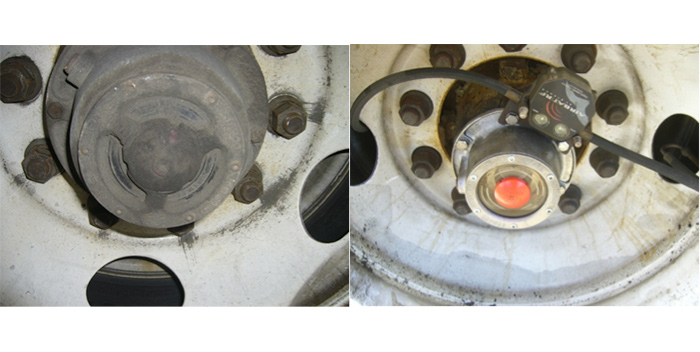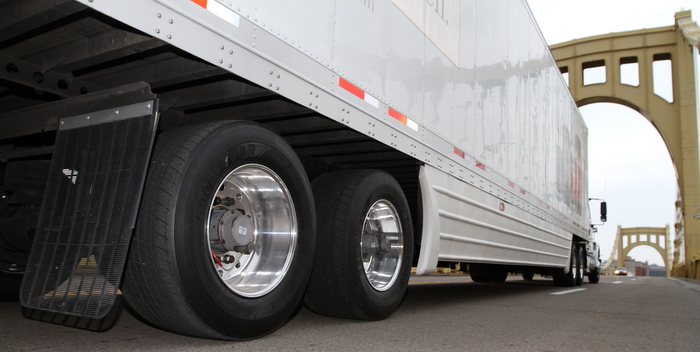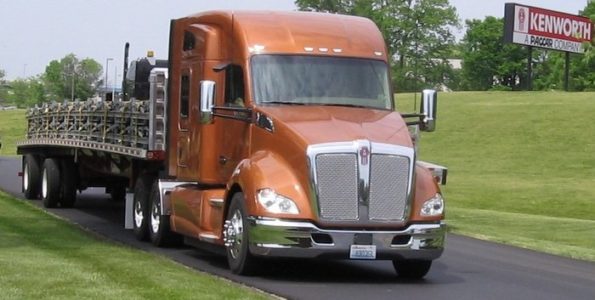Maintenance software is opening up new opportunities for those fleets that have it. Recently, I attended the TMW TransForum User Conference hosted by TMW Systems, an enterprise resource provider (ERP) and software developer. At the conference, I had an opportunity to talk with a number of fleet managers who were just beginning to deploy maintenance software and some who are longtime users.
The longtime users provided some insights. For example, Jeff Arens, general manager, Schuster Co. Inc.,
Le Mars, Iowa, said, “Currently, we use TMT Software (part of the TMW Systems software offerings) and are happy with the results. In the six years since implementation, we have been able to track warranty on our 220 vehicles more efficiently, set up campaigns and fix problems in-house.”
I also talked with Phil Filosi, vehicle maintenance operations manager at Valley Proteins Inc., and Tim Cornwell, fleet shop manager, who both agree that the TMT Software, which the company has been using for about five years, has been effective in controlling maintenance costs. However, Cornwell added that after attending the user conference training sessions on the product, they discovered they were unaware of many facets of the software, so they were going home to regroup and get the new version updates to be even more efficient.
Maintenance software works on a simple principle: information is captured once, at the point that work is performed or a transaction completed, and then is available for decision support and financial analysis. This design means fleet managers get real-time information for efficient, informed decisions, giving management the power to analyze, evaluate, negotiate and manage fleet and equipment assets and expenses.
Maintenance software monitors and streamlines workflow and provides reports to enable process improvements. Fleet maintenance managers can see the key drivers of maintenance operations in black and white. Managers can run the shop more efficiently with a system that gives multiple users access and the ability to capture and retrieve a wealth of information, including technician productivity, lifetime-to-date cost-per-mile, unit history, PMs due and reasons for repair.
Technicians can clock in and out of the system and the numbers go directly into billing. A technician enters parts-used information by vehicle number, creating a total history instantly available for future reference for warranty recovery. Initial warranty information is identified and automatically tracked for warranty recovery
opportunities.
Today’s maintenance software is a sophisticated, multi-level management tool designed to control costs related to labor, inventory and warranty, and provide information that predicts trends, which helps streamline parts procurement and helps fleets make better-informed specifying decisions when it’s time to purchase new
equipment.









